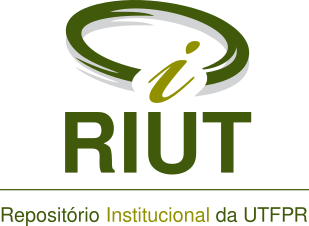Collective agro-energy generation in family agriculture: the ajuricaba condominium case study in Brazil
Resumo
One of the challenges in the agribusiness sector in Brazil, the 4th largest food producer in the world, is to assess the effectiveness of participatory methods to convert animal manure into economic assets. In this scenario, biogas and biomethane stand out as renewable sources of energy available in all countries and their uses can significantly induce local and regional economic development. This study will present an arrangement known as agroenergy condominium for its multi-services, such as energy generation trough biogas and biomethane, biofertilizer, and mitigation of GHG emissions. The farmer’s key motivations to join the project were identified through individual interviews and analyzed using MICMAC and SWOT analysis methods. The most significant drives were environmental and economic aspects, which demonstrated their environmental citizenship, and the less influent variable was social motivation. Despite the challenges to be overcome, the results validate that this arrangement can bring benefits for the local community, enhance the energy security in the region and contribute to a more clean energy matrix. Furthermore, it can be replicated at lower cost and with technologies already known and consolidated. The results demonstrate the implications of the interdisciplinarity between technology, environment, and society.
Palavras-chave
Texto completo:
PDF (English)DOI: 10.3895/rts.v14n34.7626
Apontamentos
- Não há apontamentos.
Direitos autorais 2018 CC-BY

Esta obra está licenciada sob uma licença Creative Commons Atribuição 4.0 Internacional.





